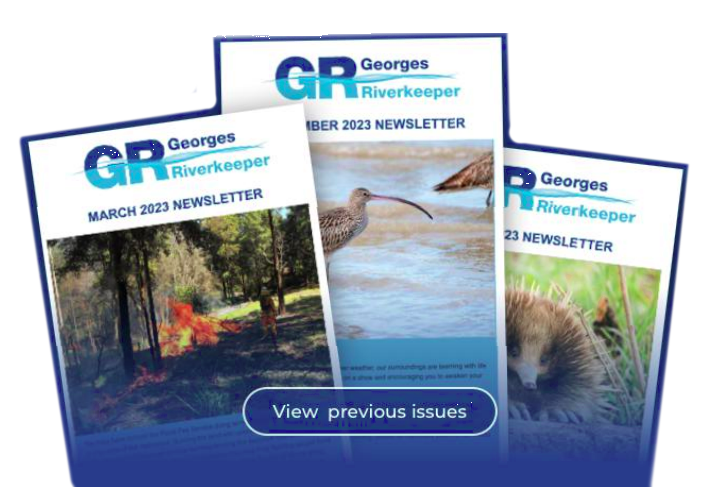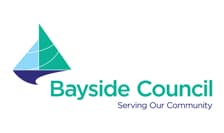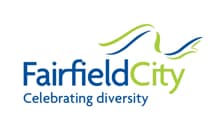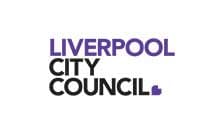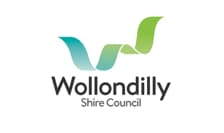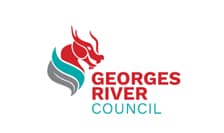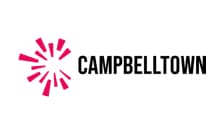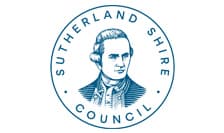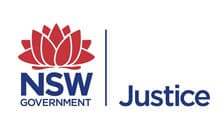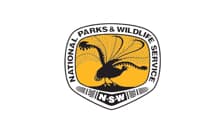Sporobolus virginicus goes by many common names including: seashore dropseed, salt couch grass, coastal rat-tail grass, sand couch, marine couch, salt-couch, saltwater couch, salt couch, salt marsh couch-grass, to name a few.
Sporobolus is a spindly little grass with a pale green and yellow appearance. Sporobolus are part of the saltmarsh ecological community and are of great importance. Sporobolus are an essential food source for recreational and commercial fish species on the east coast of Australia.
When Sporobolus decays into organic matter it is eaten by detritivores, like prawns and insect larvae, which play a vital role in the food web of rivers and oceans.
Saltmarsh environments are a vital part of the ecology and balance our estuarine and coastal areas. Saltmarsh cope with higher salinities, dryer soils, greater sunlight and less tidal inundations than mangroves and are now recognised as essential. The absence of trees in saltmarsh areas means they are extremely vulnerable to damage from grazing, vehicles and development.
In the past, the Georges Riverkeeper has been part of a program of active planting of Sporobolus and bush regeneration to give the Sporobolus and saltmarsh, more generally, a fighting chance.

